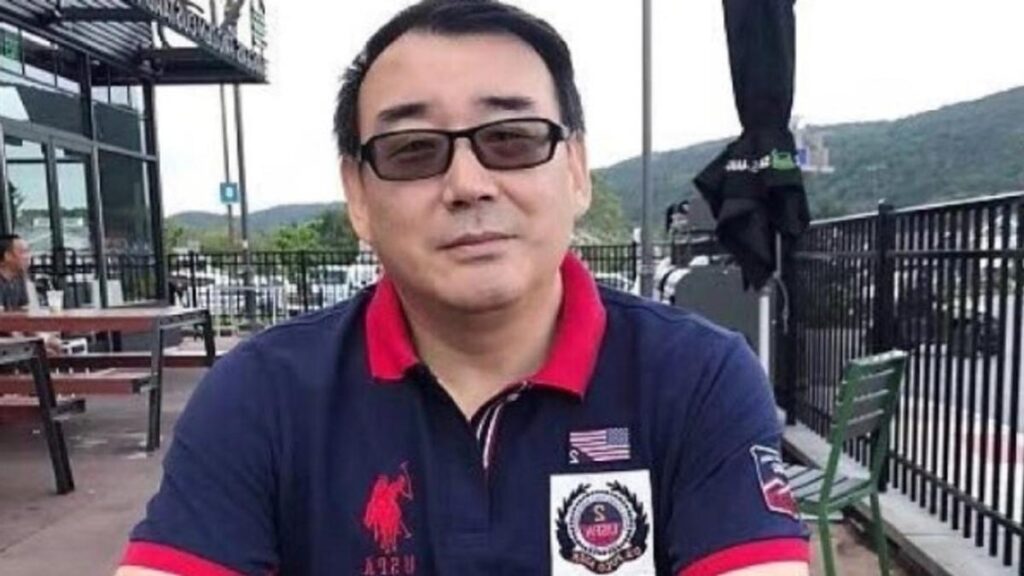
Anthony Albanese has been urged to adopt a firmer stance against the Chinese government in ongoing negotiations to secure the release of Chinese-Australian writer Yang Hengjun. Yang, an Australian citizen, has been detained in a Beijing prison since 2019 following his arrest at Guangzhou airport on espionage charges. He was handed a suspended death sentence in February 2024, a decision that has sparked international concern.
Feng Chongyi, Yang’s former PhD supervisor at the University of Technology Sydney, has expressed alarm over Yang’s deteriorating health. Feng claims that Yang has been subjected to torture and sleep deprivation, and has been denied treatment for a significant kidney cyst. Despite the Australian government’s involvement, including Prime Minister Albanese’s planned discussions with Chinese leaders during his upcoming visit to China, Feng argues that progress has been inadequate.
Calls for a Stronger Diplomatic Approach
Dr. Feng criticized the Australian government’s diplomatic strategy, suggesting that its conciliatory approach has been perceived as weakness by Chinese authorities. He proposed leveraging trade relations, including imposing reciprocal tariffs or halting exports of resources such as coal and iron ore, to pressure China into action.
“The good word of the Australian government has been taken by Chinese authorities as a weakness,” Feng stated. “It’s been more than six years and the soft approach has not worked.”
Feng’s comments underscore a growing sentiment that Australia should prioritize human rights and the welfare of its citizens, even if it means adopting a more confrontational stance in international relations.
Yang Hengjun’s Personal Plea
In a poignant letter marking his sixth year of incarceration, Yang described his ordeal as “unbearable suffering” and expressed gratitude for the Australian government’s efforts to secure his release. He emphasized the importance of government action in upholding the rights and dignity of its citizens.
“I feel all of your support beside me as I stagger through the hardest and darkest chapter of my life,” Yang wrote, highlighting his appreciation for the principles of a government “of the people, by the people, for the people.”
Yang’s letter serves as a powerful reminder of the human impact of diplomatic and political decisions, and the urgent need for effective advocacy on his behalf.
Government’s Response and Future Prospects
A spokesperson for Prime Minister Albanese reaffirmed the government’s commitment to advocating for Yang’s interests at every opportunity. Following Yang’s sentencing, Albanese expressed Australia’s “dismay, despair, and outrage” at the verdict, and has pledged to continue raising the issue with Chinese officials.
Foreign Minister Penny Wong has also reiterated the government’s concerns about Yang’s health and treatment, emphasizing the need for China to adhere to international norms and provide humane treatment. Meanwhile, Coalition foreign affairs spokeswoman Michaelia Cash has called Albanese’s upcoming visit to China a “perfect opportunity” to directly address Yang’s case with Chinese leadership.
“It is incumbent on Mr Albanese to advocate at the highest levels for Dr Yang’s release from the unjust detention imposed on him,” Cash stated.
As Albanese prepares for critical meetings with Chinese leaders, the pressure mounts for a diplomatic breakthrough that could secure Yang’s release and affirm Australia’s commitment to protecting its citizens abroad.







